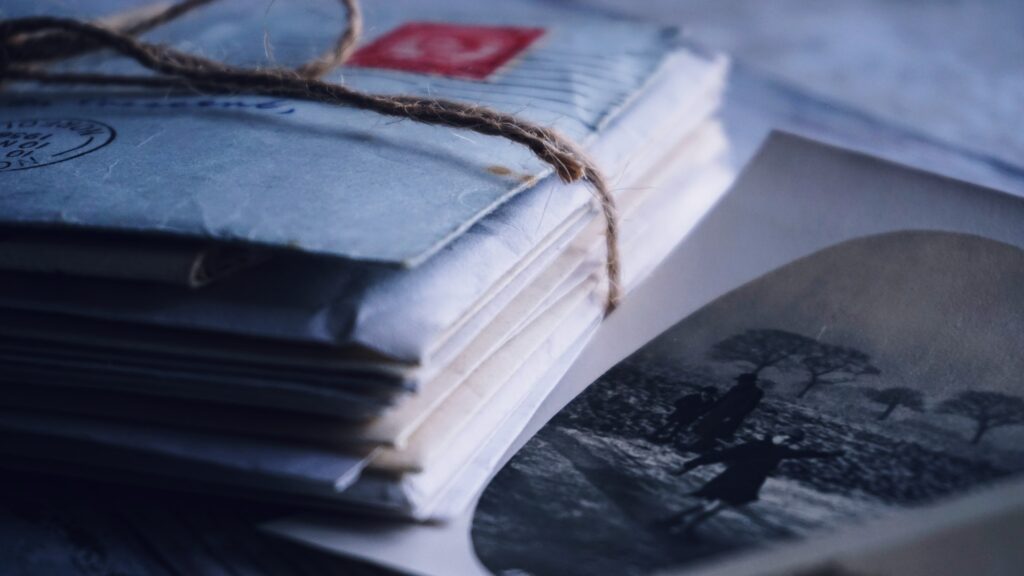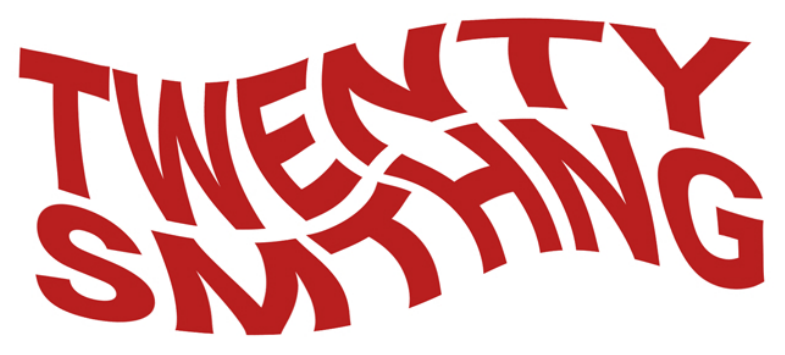Why social media is continuous proof that humans are good.

It’s easy for people to focus on all the bad that happens around us; humanity’s grim fascination with the negative is a way for people to make sense of the world. But sometimes we are blinded by negativity and cynicism that we miss seeing the good in other people. Growing up, we all probably heard the speech about needing to be careful online, not sharing our name or age or location. There have been hundreds of discussions about the addictive nature of social media and how it can often lead to issues with mental health and body image. We saw and read horror stories about terrible people sitting behind their computer screens. As people got older, they remained on social media but now it’s the unwanted political opinions and frustrating twitter arguments with strangers that makes us resent these platforms. It’s all true, terrible things happen every day, but our human instinct to focus on the bad often makes dismiss all of the good – and there is a lot of good.
Social media platforms such as twitter, Instagram, and Facebook, are the main source of communication and staying in touch for many people. Its low effort but it shows people you care. A simple interaction or sending your friends and family a post about something you both enjoy and saying “hey this reminded me of you” is enough to keep people in your life when the world doesn’t give you time to see each other. Despite modern day social media platforms being mainly online, our human need to share our lives and communicate with one another has existed long before the internet was around. The oldest handwritten letter documented is believed to be from around 500BC, written by Queen Atossa of Persia. This letter is believed to be the most important letter in history by Bríd McGrath of trinity college, Dublin. The people of Persia wanted to be literate in order to emulate their queen, which paved the way for letter writing to become the most efficient and normal form of long-distance communication of that time. There are museums showcasing ancient letters between people and books documenting communications and love notes, for example the Postal Museum in London which showcases letters, postcards as well as how the postal system works. Diaries written in the Victorian era were often exchanged with friends and family to share thoughts, observations and help people to catch up on what they’ve missed in their loved one’s lives – the same way people post Facebook status updates and Instagram photos of their happy moments. During the second world war, young comic book fans would find each other’s details on the ‘letters’ page and send letters to discuss something which they love, despite never having met, proving that online fandom culture has been around long before online social media. Radio stations would accept song requests and read out the dedication live on air, and while the context was private, people enjoyed sharing their communications with the rest of the world.
When 20-year-old Jasneet was asked how social media has benefitted her she said “my sister has lived in Australia for 3 years and I don’t get to see her or even talk on the phone often, but I feel like I’m updated about her life since I can see all her social media posts, and even what she’s listening to on Spotify. I just feel a lot more connected to her now even without direct contact.”
Social media isn’t just for communicating with your friends, social media proves that people are good and kind – even to those we don’t know. There are forums and twitter threads and Facebook pages of people sharing experiences and advice. Donation pages are often shared around social media for people in need so that others worldwide can help. For example, a Gofundme opened in 2016 to help cancer patient Kayla Gaytan pay for her medical expenses as well as her 4 newborn babies raised over $1.1 million by complete strangers who were moved by her story. Every late summer, there is an abundance of students sharing exam results and university acceptances and job offers which are congratulated by others living in different countries. Wedding photos and pregnancy announcements are commented on by strangers. Social media also helps us fall in love, in fact, the Future of Dating report from the office for the National Statistics showed that 32% of relationships started between 2015 and 2019 met online. We see others passion about movies, books, tv shows, music and we find new things to love and appreciate. We find people who share our passions with, and we introduce people to things we care about. While the good side of humanity isn’t highlighted as often its important to always remember that people enjoy communicating, socialising, and offering kindness and generosity – social media, when used correctly, is a great way to show that people are inherently good.
Follow us on Instagram to tell us what you think.
